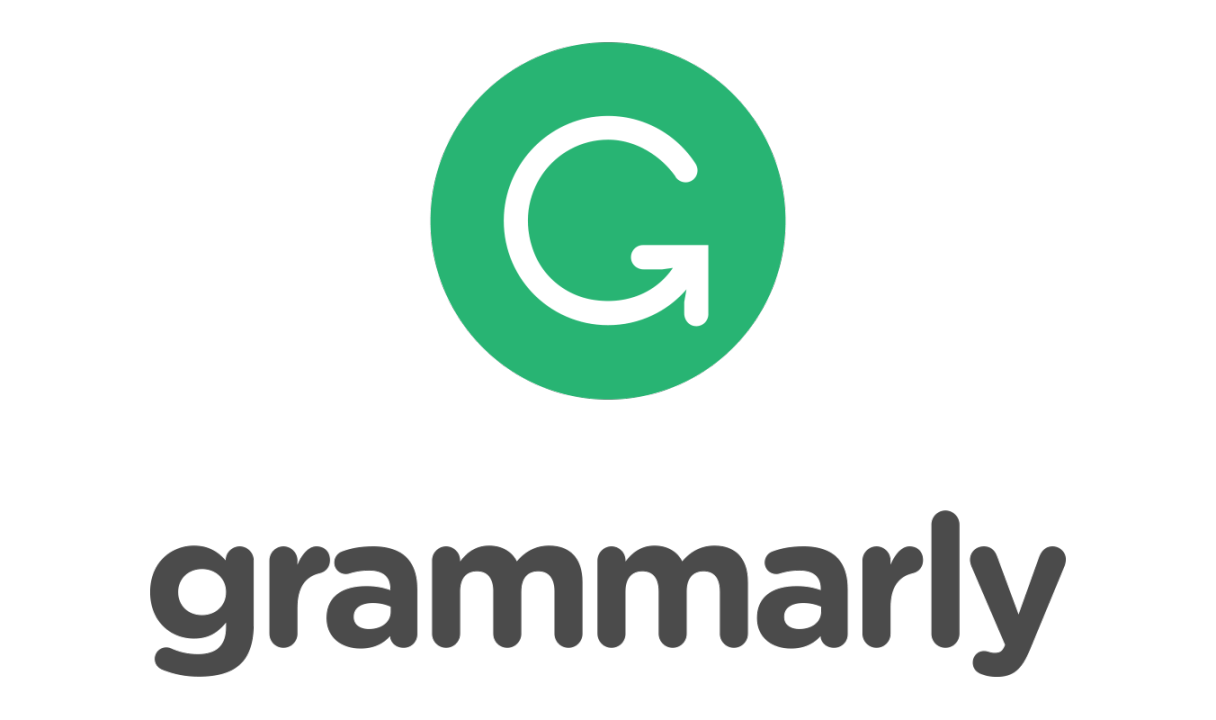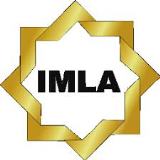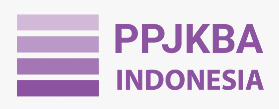Effectiveness of the Word Square Model in Improving Arabic Vocabulary Mastery of Madrasah Tsanawiyah Students / فعالية استخدام نموذج Word Square لترقية اكتساب مفردات اللغة العربية بالمدرسة المتوسطة الإسلامية الحكومية
DOI:
https://doi.org/10.22515/athla.v5i1.9544Keywords:
Word square Learning Model, Arabic vocabulary, Arabic LearningAbstract
The mastery of Arabic vocabulary (Mufrodat) of students is still relatively low, this is evident when the learning process of students when asked about the meaning of a mufrodat is still many who do not know and do not answer. This can be influenced by several factors, therefore the researcher wants to conduct an experiment using the word square model when learning Arabic. The purpose of this study is to determine the effectiveness of using the word square model to improve the mastery of Arabic vocabulary in class VIII B MTs Negeri 2 Surakarta. This study uses a quantitative method of experiments with a one-group pre-test post-test design. The sample in this study is 31 students in class VIIIB. The data collection techniques are tests and documentation. The results of the study show that the word square model is declared effective in increasing vocabulary mastery. This can also be seen from the increase in student learning outcomes before and after the use of the word square model, namely the average score before using the word square 70 and the average after using the word square is 88. Based on the results of the hypothesis test using a paired sample t-test with a significant value result of 0.00 < 0.05. Therefore, Ho was accepted and H1 was rejected. Ho here is that there is an increase in vocabulary mastery in grade VIII B students of MTs Negeri 2 Surakarta.
Downloads
References
Arif Hasan, F. R., Isma, A., Dalle, A., & Asni, Y. (2024). Semantris Google Ai-Based Learning To Enhance Students’ Vocabulary Mastery. Al-Irsyad: Journal of Education Science, 3(1), 22–35. https://doi.org/10.58917/aijes.v3i1.94
Dewati, B. (2020). Meningkatkan Penguasaan Kosakata Bahasa Inggris Siswa Dengan Metode Word Square. Pendekar: Jurnal Pendidikan Berkarakter, 3(1), 31–35. http://journal.ummat.ac.id/index.php/pendekar
Fengyu, Z. (2023). The Impact of Vocabulary Learning Methods on Students’ Vocabulary Application Skills. Scholink : English Language Teaching and Linguistics Studies, 5(4). https://doi.org/DOI: https://doi.org/10.22158/eltls.v5n4p206
Halimatus, S. (2015). Penggunaan Strategi Word Square Sebagai Upaya Memperkuat Kemampuan Mengingat Kosakata Bahasa Arab Siswa Dan Implikasinya Terhadap Pembelajaran Di Kelas VI SD Muhammadiyah Gendeng Baciro Yogyakarta Tahun Ajaran 2014/2015. In Nhk技研 (Vol. 151).
Ika Rezky Handayani, Titin Fatimah, & Agung Wicaksono. (2023). Pengaruh Model Pembelajaran Word Square Terhadap Kemampuan Peserta Didik Dalam Menghafal Kosakata Bahasa Arab Kelas IX MTsN 2 Palu. Albariq: Jurnal Pendidikan Bahasa Arab, 4(1), 39–50. https://doi.org/10.24239/albariq.v4i1.43
Khoerunnisa, P., & Aqwal, S. M. (2020). Analisis Model-model Pembelajaran. Fondatia, 4(1), 1–27. https://doi.org/10.36088/fondatia.v4i1.441
Meiwei, X. (2023). The application of vocabulary learning strategies in college English teaching. Frontiers in Educational Research, 6(9). https://doi.org/doi: 10.25236/FER.2023.060916.
Mohammed, A. K. (2023). Vocabulary Learning Strategies Vis-a- Vis Vocabulary Teaching Strategies. Journal of Languages and Language Teaching, 11(3), 447–460. https://doi.org/10.33394/jollt.v11i3.7656
Nurkhasanah, A., Wulandari, F., Setiawati, A., & Istiqomah, A. (2023). Vocabulary Mastery: An Analysis of 4th Grade Elementary Students Taught by Non-English Education Graduate Teacher. English Teaching and Linguistics Journal (ETLiJ), 4(1), 39–51. https://doi.org/10.30596/etlij.v4i1.13321
Partoyo, R. (2015). Meningkatkan Kemampuan Menulis Teks Fungsional Pendek Melalui Teknik Pembelajaran Word Square Dan Four Square. METAFORA, 1(2).
RUNANIDIJANNAH. (2020). PENGARUH MODEL PEMBELAJARAN ELICIT, CONFRONT, IDENTIFY, RESOLVE, REINFORCE (ECIRR) TERHADAP KETERAMPILAN BERPIKIR KREATIF SISWA PADA KONSEP MOMENTUM DAN IMPULS. In Global Health (Vol. 167, Issue 1).
Sugiyono. (2015). Metode Penelitian Kuantitaif, Kualitatif dan R&D. Bandung;Alfabeta.
Sugiyono. (2016). Metode Penelitian & Pengembangan. Bandung. Alfabeta
Syaiful Mustofa. (2007). Strategi Pembelajaran Bahasa Arab Inovatif. Malang;UIN Maliki Press
Tuti, T., & Ilinawati, I. (2022). Scrabble Game: Boosting Vocabulary Mastery of English Foreign Language (EFL) Students. Journal of English Education and Teaching, 6(2), 271–282. https://doi.org/10.33369/jeet.6.2.271-282
Wijaya, Mualim, D. (n.d.). Model Word Square : Konsep Simantik Siswa Mengenal Mufrodat Pada Pembelajaran Bahasa Arab. 11, 207–220.
Zahratun, F. (2015). Peningkatan Penguasaan Kosakata Bahasa Arab ( mufradat ) melalui Penggunaan Media Kartu Kata Bergambar ( Penelitian Tindakan Pada Siswa kelas I MI Nurul HakimKediri Lombok Barat Tahun 2015 ). Jurnal Pendidikan Usia DINI, 9, 108–109.
Downloads
Published
How to Cite
Issue
Section
Citation Check
License
Copyright (c) 2024 Putri Awaliah Fauzi, Muhammad Zaenuri

This work is licensed under a Creative Commons Attribution-ShareAlike 4.0 International License.










